Amélie, a young waitress at a Cafe, is an introvert by nature due to her strict upbringing. Her cocooned childhood makes her appreciate the little pleasures of life. One fine day when she discovers a little box containing the photo of a child along with his miniature toys, hidden behind a slab in her bathroom, she decides return it to its rightful owner & on seeing that person’s delight she vouches to do her almighty best to please the general public in her vicinity, all the while silently craving for love herself.
|
Language:
|
French
|
|
Running Time:
|
123 min
|
|
Rating:
|
R
|
|
Release date:
|
25 April 2001
|
|
Directed by:
|
Jean-Pierre Jeunet
|
|
Produced by:
|
Jean-Marc Deschamps
Claudie Ossard
|
|
Written by:
|
Guillaume Laurant
Jean-Pierre Jeunet
|
|
Starring:
|
Audrey Tautou
Mathieu Kassovitz
Yolande Moreau
Serge Merlin
Claire Maurier
|
|
Music by:
|
Yann Tiersen
|
|
Shot by:
|
Bruno Delbonnel
|
|
Editing by:
|
Hervé Schneid
|
|
Distributed by:
|
Miramax Films
|
What’s Hot
Badges
Screened at

Cinema Rendezvous
To rejoice & to reflect with the world of Cinema - A Chennai based Film Club. Showcasing films with fine discussions.The club meets once a month on Second Saturdays by 9.45 am @ Hotel Savera. Each date has a screening followed by an informal discussion with a distinguished guest.Verdict


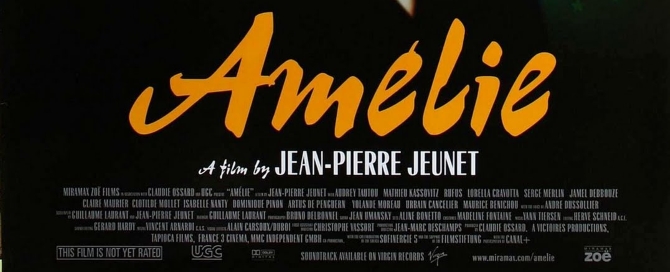
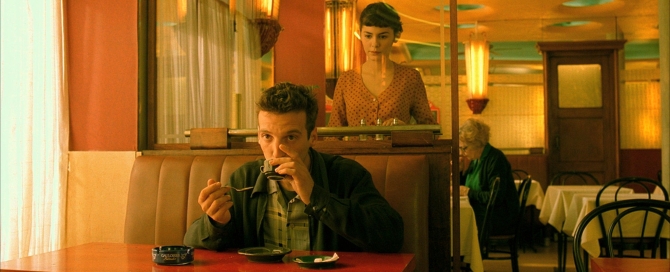
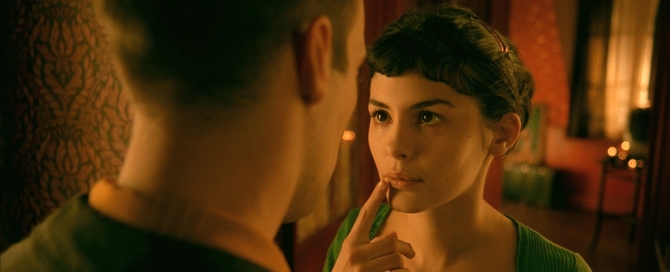




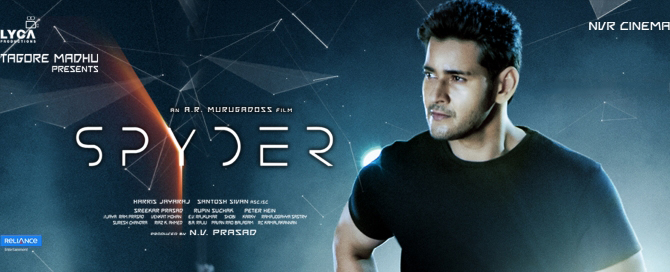
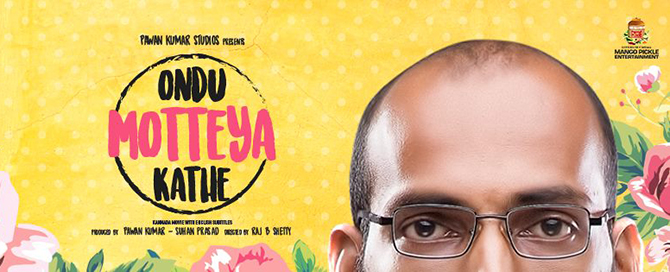
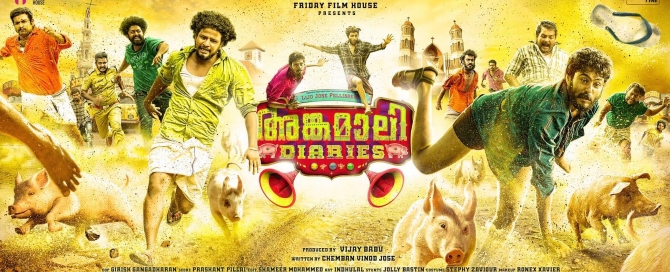
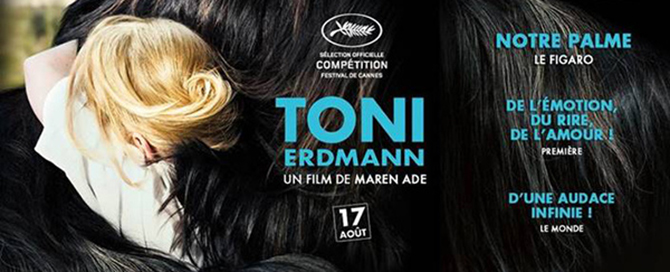
Leave A Comment